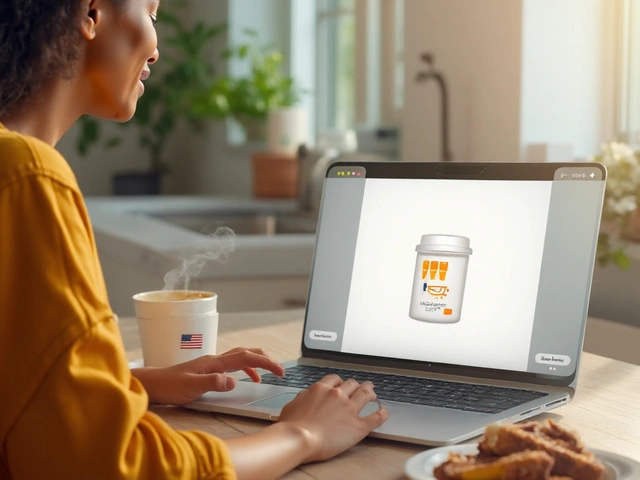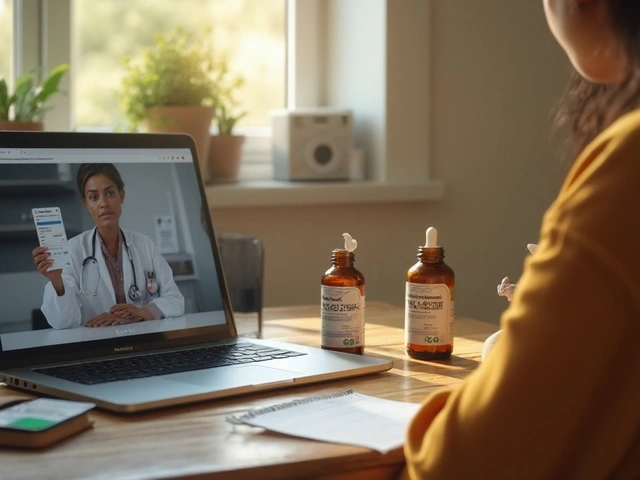Isosorbide Prescription: What You Need to Know
If you’ve been told to take isosorbide, you probably have questions about getting it, how to use it, and staying safe. This guide breaks down the basics in plain language so you can act confidently.
Getting an Isosorbide Prescription
First step: see a doctor. Isosorbide is a nitrate used mainly for chest pain (angina) and sometimes for heart failure. Your doctor will check your medical history, blood pressure, and any other meds you’re on. If it’s a good fit, they’ll write a prescription.
In the UK, you can also get a prescription through a tele‑health service if you have a recent diagnosis. The key is a valid prescription – buying it without one can be risky and illegal.
When you have the prescription, you have two safe routes to pick up the medicine:
- Local pharmacy: Bring the paper or electronic script to any NHS or private pharmacy. The pharmacist can answer questions about dosage and side effects.
- Registered online pharmacy: Look for UK‑regulated sites that ask for a copy of your prescription. They will verify it before sending the meds.
Never trust a site that offers isosorbide without asking for a prescription. Those are often scams and may sell counterfeit pills.
Using Isosorbide Safely
Dosage varies. The most common forms are isosorbide mononitrate (single daily dose) and isosorbide dinitrate (multiple doses). Your doctor will tell you the exact amount, but typical doses range from 10 mg to 60 mg per day. Start low and let your body adjust.
Key safety tips:
- Take it at the same time each day – consistency helps avoid sudden drops in blood pressure.
- Don’t chew or crush extended‑release tablets; swallow them whole.
- Watch for headaches, dizziness, or a rapid heartbeat. These are common early side effects and usually fade.
- Avoid heavy alcohol and certain blood pressure meds unless your doctor says it’s okay.
- Tell any dentist or surgeon you’re using isosorbide before procedures, because it can affect anesthesia.
If you miss a dose, take it as soon as you remember – but if it’s almost time for the next dose, skip the missed one. Doubling up can cause dangerous low blood pressure.
Storing is easy: keep the bottle tightly closed, away from heat, and out of reach of children. Throw away any tablets that are past their expiry date.
Finally, keep track of how you feel. If side effects linger or you notice chest pain getting worse, call your doctor right away. Adjusting the dose or switching to another medication might be necessary.
With a valid prescription, a reputable pharmacy, and these simple habits, you can manage isosorbide confidently and keep your heart health on track.
The Ultimate Guide: How to Safely Buy Isosorbide Online Today
Discover how to buy Isosorbide online safely, where to find reputable pharmacies, and important tips to ensure you get legitimate heart medication.





